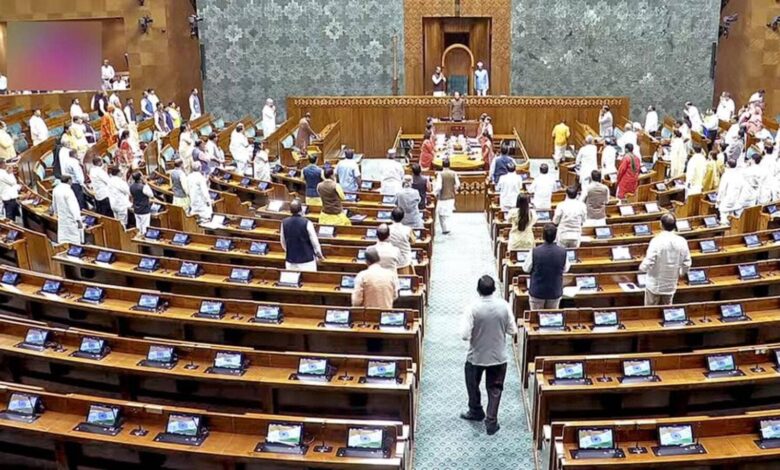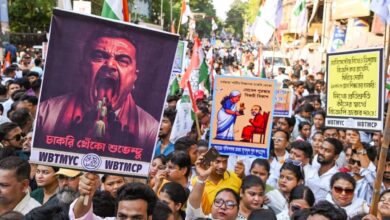
With Parliament all set to begin the Budget session, all sixteen bills are ready to be introduced, including the much-expected Finance Bill 2025. The session is scheduled to begin this Friday with the presentation of the Economic Survey for 2024/25, thereby paving the way for some hectic legislative activity.
The list of bills slated for consideration during the session include amendments to the Waqf and Banking Regulations Act, as well as a bill to merge the Indian Railways and Indian Railways Board Acts. Among the other important legislations which is likely to be moved during the session include an amendment to the Disaster Management Act and the Oilfields (Regulation and Development) laws.
Apart from that, the Bills listed include one for the Coastal and Merchant Shipping; another proposes that the Institute of Rural Management, Anand shall be called the Tribhuvan Sahkari University to be given a ‘national importance’.
The House will also accord attention to bills on the protection of financial interests in aviation and immigration regulation reforms. One of the most important legislations that is likely to be taken up is the one that will seek readjustment of representation of Scheduled Tribes in Goa’s assembly constituencies to enhance political representation.
This session also will see Finance Minister Nirmala Sitharaman’s eighth union budget presentation, only two shy of the record established by Morarji Desai. The two signature items to be discussed are the Waqf Amendment and Finance Bills. The Waqf Amendment Bill makes 44 changes in the management of Muslim charitable properties in India and was first taken up in Parliament last August.
It witnessed unprecedented protests by the opposition members when it was introduced and was thereafter sent to a joint committee headed by BJP MP Jagadambika Pal. This committee, which also saw turmoil during the discussion, recently presented its report recommending 14 and rejecting 44 proposals moved by opposition members.
Finance Bill is very significant, mainly because there have been talks of a new direct tax code which is targeted to replace the Income Tax Act of 1961. This new code is intended to make the laws of income tax simpler so that the taxpayers can understand and comply with them easily. But, according to sources, this new code may not be a part of this finance bill but is expected to be released as a separate document at a later stage.
The Finance Bill would nonetheless contain a slew of key reforms necessary to carry through Sitharaman’s budget proposals. There are amendments to banking laws to improve governance in banking and to make consumer convenience better on issues like nomination and investor protection.
Besides this, the maritime laws are planned to be revised upon the proposal of Bills on Bills of Lading Bill, Carriage of Goods by Sea Bill, Coastal Shipping Bill, and Merchant Shipping Bill 2024. Meanwhile, the amendment of the Oilfields Amendment Bill is supposed to revise the statutes that regulate prospecting and production of oil; similarly, Boilers Bill shall establish new parameters of safety related to industrial boilers.
Finally, the Disaster Management Amendment Bill proposed would provide responsibilities for disaster planning at central and state level forces through keeping an updated database for both for quick and swift responses at times of crisis.



